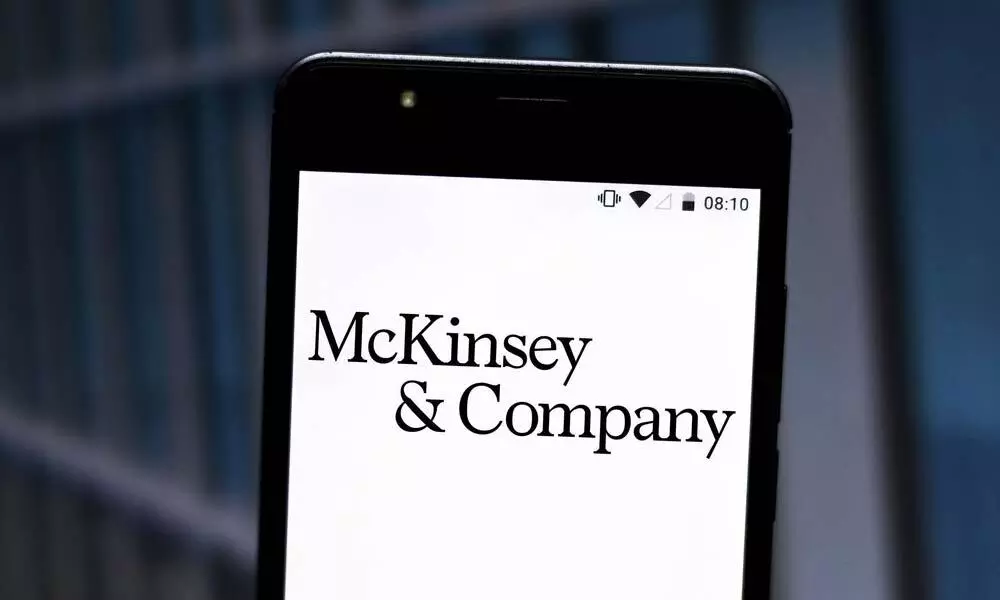McKinsey's new boss needs to think like an outsider
Sneader’s tenure was dominated by the need to clean up legacy issues, most recently agreeing to a near-$600 million settlement relating to McKinsey’s work for the pharmaceutical industry on opioids
image for illustrative purpose

The crisis-hit consultancy's new leader Bob Sternfels must continue the reforms initiated by his predecessor
McKinsey & Co.'s new boss Bob Sternfels will take over with an ambiguous mandate from the storied consultancy firm's senior partnership. Does it want him to accelerate changes made by Kevin Sneader, the global managing partner he will succeed? Or undo them? The reality is there can be no going back for McKinsey. Sternfels, despite being part of the furniture, must approach his role as if he were an outsider.
Sneader's tenure was dominated by the need to clean up legacy issues, most recently agreeing to a near-$600 million settlement relating to McKinsey's work for the pharmaceutical industry on opioids. He introduced new standards and a formal process around client selection meant to protect the firm from fresh controversies.
From an external perspective, the moves are hard to criticize. If anything, they didn't go far enough. But there was some pushback internally, the Wall Street Journal reported last month. With the opioid settlement coming so close to the firm's triennial leadership election, Sneader's governance reform appears to have cost him support.
McKinsey needs a new start. This is usually best achieved by an external candidate taking the helm, but the partnership chooses from within. In Sternfels, it has chosen someone who has been in charge of McKinsey's overall client offering since 2018. His star rose when Sneader's predecessor, Dominic Barton, led the firm, which is when the opioid work was conducted. So he's hardly a break with the past. Nevertheless, he says he will build on Sneader's changes.
Some in the firm may hope that "build on" means tarmac over. Sternfels's first task must be to establish a widespread consensus around the sensible measures already introduced. While McKinsey's client base includes loyal alumni, it cannot be complacent. The risk is that hiring the firm becomes a decision that needs justifying, instead of the benchmark choice. There are already fresh qualms surfacing about McKinsey's involvement in public-sector work.
Second, he must intensify McKinsey's self-examination. Sneader's new processes offer a check, but question marks hang over the incentives and culture that have made McKinsey's consultants chase inappropriate and reputationally damaging work in the first place. Just because the client is happy, doesn't mean it was right to do the work.
Also, does this sprawling global empire need to have more power at the center? Similarly, is it tapping a sufficiently broad and diverse pool of talent, and fostering a culture of challenge internally? Hopefully the pool of leadership candidates next time round will show more diversity.
It may be easier for Sternfels to corral support for change now that vaccination campaigns offer the prospect of resuming more in-person contact that's more conducive to tough conversations. Either way, he's got to lead the partnership, not be led by it. The risk is McKinsey sits tight until the headlines pass and the effort to modernize its governance withers. It may take comfort that some strong reputations can be surprisingly resilient: Goldman Sachs Group Inc. has shaken off more than one scandal since the financial crisis. It would be terrible if Sternfels's legacy amounted to a row-back from what his predecessor started. (Bloomberg)

